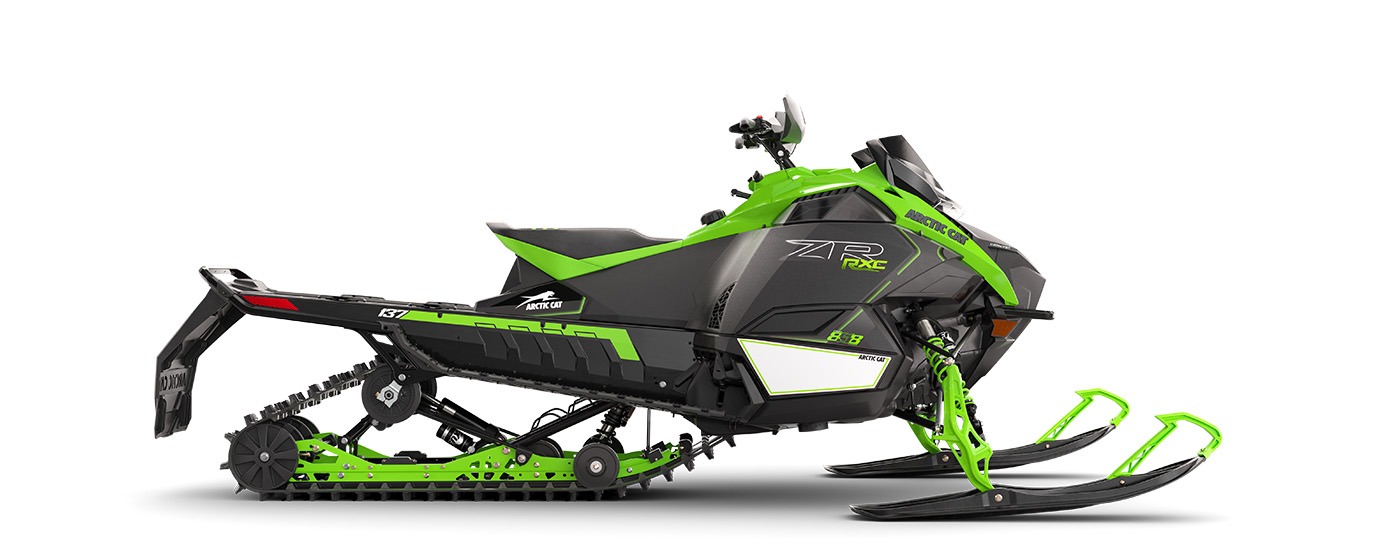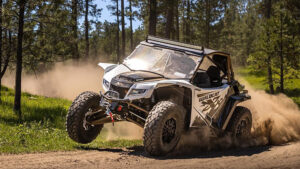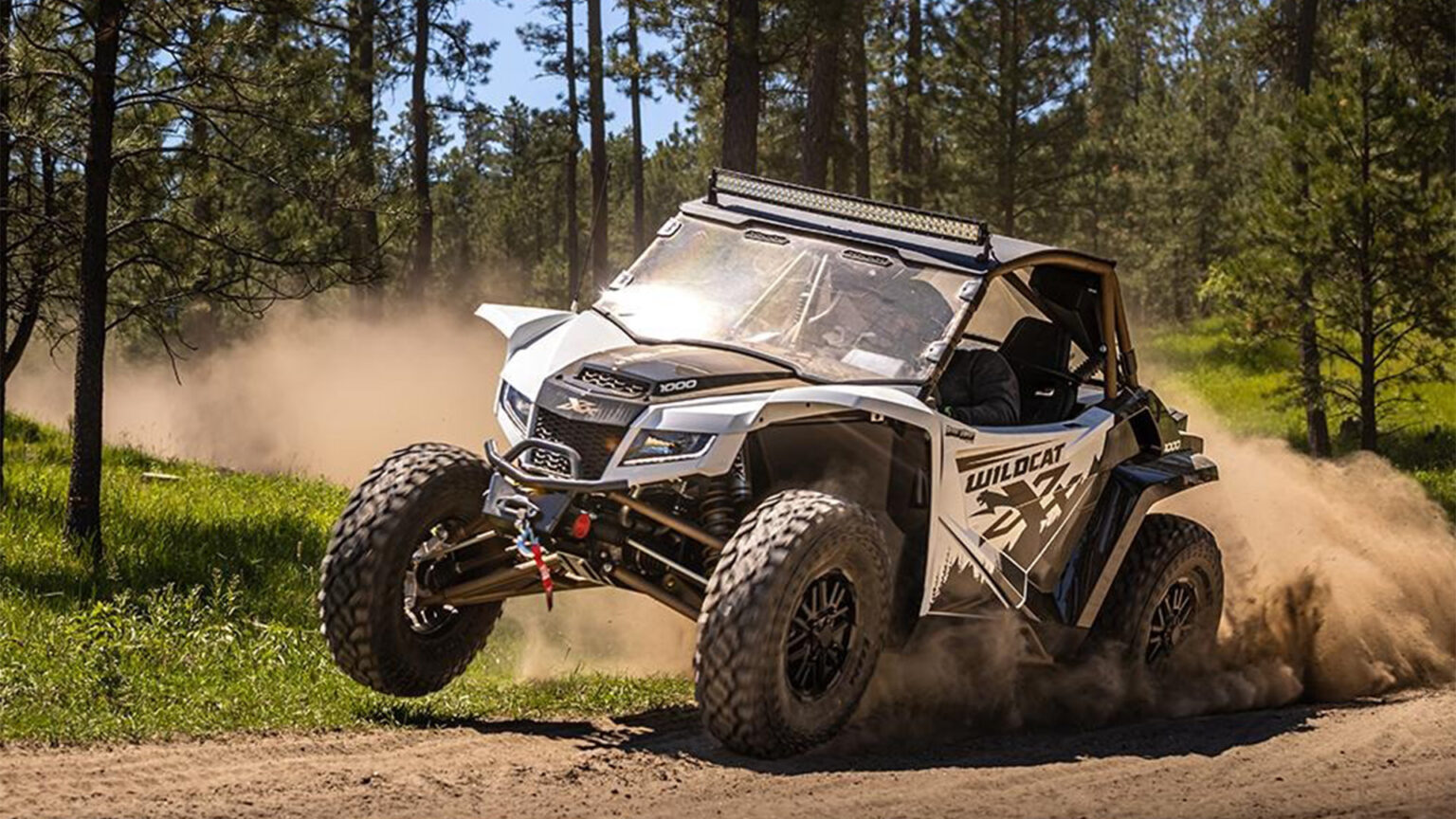The powersports industry is going through it right now. First, it was KTM teetering on the edge of bankruptcy in early December, and now, Arctic Cat is feeling the hurt. The manufacturer’s parent company Textron is “exploring strategic alternatives” for its future in the recreational off-road space according to a letter sent to dealers Wednesday. More tangibly, once planned production is completed in the first half of 2025, Arctic Cat will suspend manufacturing at two U.S. plants indefinitely.
The dealer letter making rounds online identifies the Thief River Falls and St. Cloud, Minnesota, facilities as destined for shutdown. It also makes clear that as soon as existing customer commitments are fulfilled, Arctic Cat will release these plants’ manufacturing employees with severance offered to those who work through their specific completion date. The St. Cloud facility has historically averaged between 40 and 50 employees in recent years, per city records.
Arctic Cat currently sells ATVs, side-by-sides, and snowmobiles with the latter making up the bulk of its business. Whereas the Alterra ATV range as well as Prowler and Wildcat XX models are all that’s left of the wheeled vehicles, Arctic Cat still offers a large selection of snowmobiles for mountain, trail, and crossover use.
The manufacturer’s statement says it will continue selling model-year 2025 snow machines “throughout the year,” but anything beyond that is still up in the air. Apparently, further production “will depend upon the outcome of Textron’s evaluation” which involves those aforementioned “strategic alternatives.” With manufacturing soon to be idled and personnel let go, though, it doesn’t look hopeful.

It should be noted that even the biggest powersports players are hitting hard times in 2024. Polaris, maker of the ever-popular RZR among many other machines, reported an 80% earnings drop after Q3. Can-Am’s parent company BRP also reported a 17.5% earnings drop over the same period. Each of these companies cites the same issue: Soft consumer demand.
From a customer perspective, machines are more capable than they’ve ever been. They’re far more expensive, too, which could certainly contribute to potential buyers holding off until the upcoming presidential term affects the U.S. economy.
Got a tip or question for the author? Contact them directly: caleb@thedrive.com
Read the full article here


